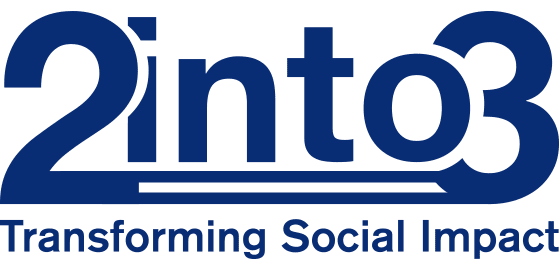
The current BBC debacle reminds us of another high-profile crisis in the media sector, and whilst the national contexts may differ, there are recurring governance themes: the interplay of oversight/board weakness, inadequate internal controls, culture or behaviour issues, transparency lapses, and the vulnerability of funding/independence in publicly-funded entities.
These crises demonstrate why the governance agenda must be front-and-centre. From the Board’s perspective, oversight must not be delegated or assumed, transparency must be uncompromising, culture must reinforce integrity rather than undermine it, and the charitable purpose and mission must guide not just programming but governance itself.
Aligned with the principles of good governance, here’s a few key points and lessons we can take from these crises.
- Governance failures are cultural as much as structural
Even with formal boards and policies in place, weak cultures of challenge, poor transparency, or deference to strong voices on the Board or Executive, expose the organisation to risk.
Lesson for nonprofits: Policies and structures are impotent without a culture that values accountability, openness, and ethical behaviour.
- Transparency builds (and restores) trust
Opaque finances and financial decisions convey secrecy that corrodes trust and legitimacy.
Lesson for nonprofits: Transparency on finances, pay, conflicts of interest, and decision-making is not optional. It is the foundation of trust for donors, beneficiaries and regulators.
- Independent oversight is essential to credibility
Blurred lines between board oversight and management control can cause problems.
Lesson for nonprofits: Boards must be genuinely independent, with diverse skills and the confidence to challenge executives, even in founder-led or government-funded contexts.
- Risk management cannot be an afterthought
Both the BBC and RTÉ lacked effective systems to detect and act on early warning signs of project or financial failure.
Lesson for nonprofits: Even mission-driven organisations need professionalised risk frameworks – internal audit, clear authority limits, and regular reviews of high-risk projects.
- Mission focus does not exempt governance discipline
Justifying questionable practices or the absence of good practices in the name of mission priorities won’t cut it.
Lesson for nonprofits: A strong mission can never excuse poor governance. Stewardship of the organisation’s resources and reputation is part of serving the mission, not separate from it.
- Stakeholder trust is slow to earn and quick to lose
Reputational fallout can be swift and severe, affecting public and funder willingness to donate and political support.
Lesson for nonprofits: Trust is an asset. When it’s lost through governance failure, funding, partnerships, and volunteer support all decline. Rebuilding requires visible reform and humility.
- External review and reform can be opportunities
Independent reviews can create momentum for deep change.
Lesson for nonprofits: Crises, if handled transparently, can catalyse needed reforms. Independent governance reviews should be normal practice, not just crisis responses.
For the nonprofit sector, the BBC and RTÉ crises illustrate that integrity in governance is inseparable from mission success. Transparency, independence, ethical leadership, and active risk oversight are not administrative burdens—they are the means by which public trust, and thus purpose, are sustained.
Taking the First Step
If your organisation is facing a funding, governance, or reputational crisis, contact our CEO, Dennis O’Connor at dennis@2into3.com or Sheena Horgan, Director of Advisory Services at sheena.horgan@2into3.com for expert guidance.

